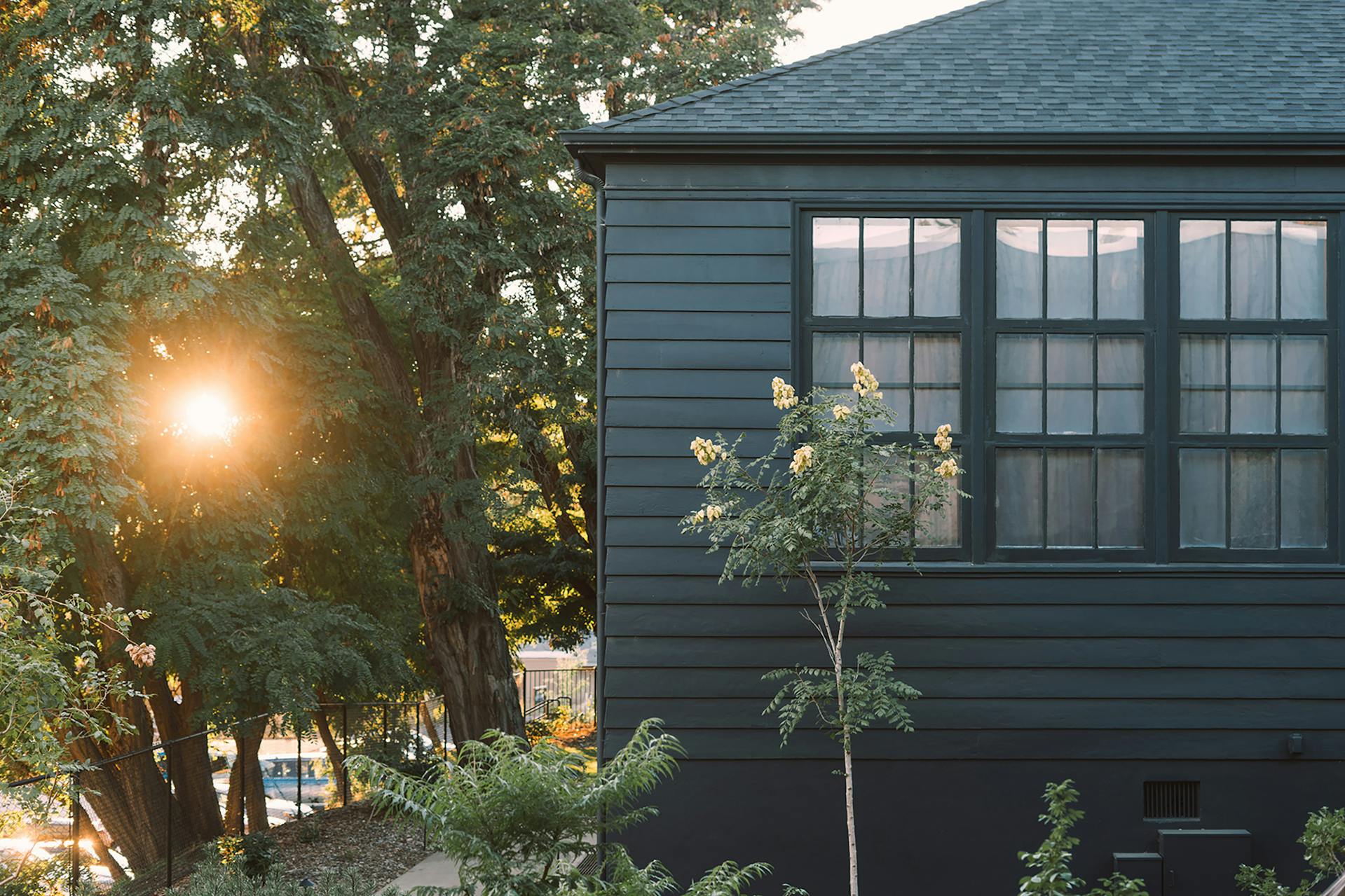

Question: What Makes a Cottage a Cottage and Not a House?
Answer: What makes a cottage a cottage is generally its smaller size, quaint charm, and traditionally single-story construction, often located in rural or semi-rural settings. Houses tend to be larger, more formally structured, and can be found in various locations.
Cottage Living vs House
Many people dream of owning a cottage. The image of a cozy retreat by the water often comes to mind. But what truly separates a cottage from a house? Size plays a role, but other factors contribute to a property’s classification. This post explores key differences between cottages and houses, helping you understand what defines each type of dwelling. We will examine architectural styles, lot sizes, and how intended use affects this distinction. Let’s dive in and uncover the characteristics that define cottage living.
Location and Setting
Location often defines a cottage. Cottages usually sit near water bodies like lakes or rivers, or nestled in wooded areas. Their proximity to nature provides a sense of escape and tranquility. Houses, however, can exist in various locations, from bustling city centres to quiet suburbs, without the same emphasis on natural surroundings.
Cottages emphasize outdoor living, with features like large decks or patios. These spaces encourage relaxation and connection with nature. Houses may also have outdoor areas, but they don’t always hold the same central importance as in a cottage setting.
Click the link to learn more about realtors in Orangeville
Related Article: Can You Call a House a Cottage?
Related Article: Why Are People Selling Their Cottages in Ontario?
Amenities and Services
Cottages may have fewer amenities than houses. For example, a cottage might lack a dishwasher or laundry facilities, emphasizing simplicity. Houses typically include these conveniences as part of their standard features. Houses accommodate daily living needs.
Utility services can also vary. Some cottages rely on well water and septic systems, while houses typically connect to municipal water and sewer services. These differences reflect the intended use of the property, whether for occasional or full-time occupancy.
Usage and Occupancy
People typically use cottages for recreational purposes, like weekend getaways or summer vacations. They serve as a retreat from city life, emphasizing relaxation. Houses serve as primary residences, occupied year-round. They meet the demands of daily life.
Seasonal access plays a role as well. Some cottages remain inaccessible during winter months due to road closures or lack of heating. Houses, however, offer year-round accessibility and comfort, accommodating permanent living arrangements.
Legal Considerations and Zoning
Zoning bylaws further differentiate cottages and houses. Municipalities often designate specific areas for cottage development, with regulations governing building size, setbacks, and permitted uses. These regulations aim to preserve the character of cottage areas and manage environmental impact. Residential zoning for houses allows for different building types and densities within established neighbourhoods.
Property taxes also differ. Municipalities may assess cottages differently than houses, reflecting their seasonal use and potential rental income. Understanding these legal distinctions is crucial for prospective buyers.
The Essence of Cottage Life
Defining a cottage goes beyond physical characteristics. It embodies a lifestyle centred around relaxation, connection with nature, and a slower pace. While a house serves as a primary residence, a cottage offers a retreat, a place to unwind and reconnect with oneself and the outdoors. The charm of a cottage often lies in its simplicity and rustic appeal. It’s a place where memories are made and traditions are born.
Understanding the differences between a cottage and a house helps prospective buyers make informed decisions. By considering factors like location, size, amenities, and legal aspects, you can find the perfect property to match your lifestyle and needs. Whether you seek a permanent residence or a weekend escape, recognizing these distinctions clarifies your property search and ensures you find the perfect home, or cottage, of your dreams.


